From his point of view, books were a medium for language as well as total works of art whose handcrafting was a vital element so that the creator could fully achieve his or her intention; at the time, Amsterdam was the ideal place to carry this out, because books were getting “cheaper, easier to read and easier to make.”
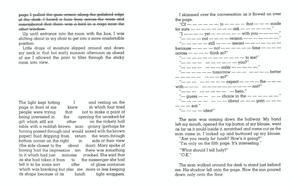
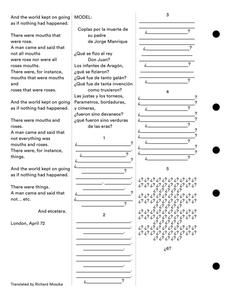
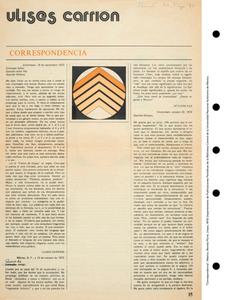
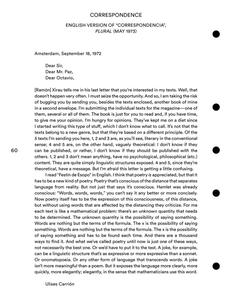
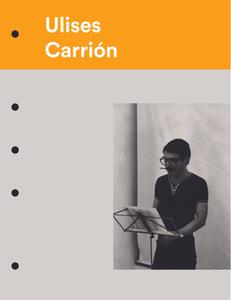
If a concrete poem is “not a poem about something or other” [7] but rather an object in itself, [8] Unpacking My Library is not an essay of the same title about unpacking one’s library – it is simply the unpacked library itself.
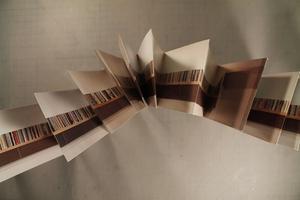
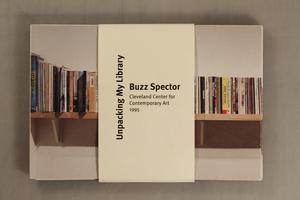
Reading is likened to a mist: “I appear on a page which would otherwise be blank. I, the mist, the agent.” As she skims and speed reads, we are given a chunk of pages with most of the words replaced by “- - - -” prefaced by, “I was picking up the meaning without stopping to accumulate words. Speed. I loved it. Soon it would be over. The words stuck to the mist, I to the meaning.” Reading is given a physical form, albeit a nearly invisible one. “She ran through the word spray and touched its streams with her free hand.” The narrative wonders, “These pages. Are they still touching?”

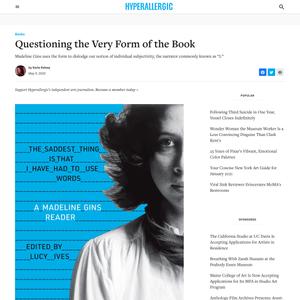
"My texts are not the structures that a linguist would describe (I practically know nothing about linguistics). My texts are structures set in motion. They begin at one point and end at another. They differ from that 'other' literature in that I introduce no intention, no content extrinsic to structure itself (extrinsic content, is that even possible?). The structure, in order to mean something, does not need to be filled with my little story. Always little for being mine only."
“In order to make the words move, you must give your attention to them. Notice I am gone.”
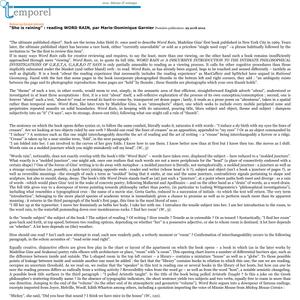
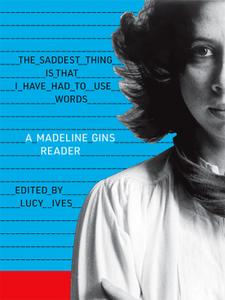
The USPS Domestic Mail Manual defines ‘book’ almost exclusively in terms of weight and volume.
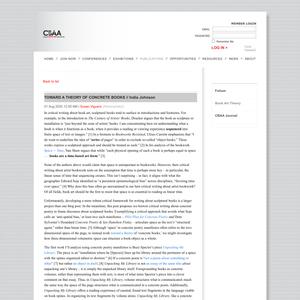
In the Middle Ages, "a book was represented both as a container and that which is contained...more specifically, a book represented both form and content."
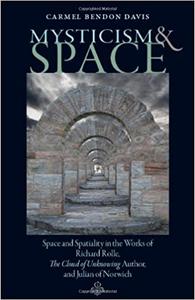
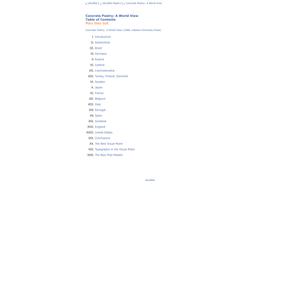
The difference between the book and the text is the difference between the body and the soul.
For Barthes, the death of the author was “the birth of the reader.”
If books are physical bodies—bodies that decay and die—how do we know if a book is dead?